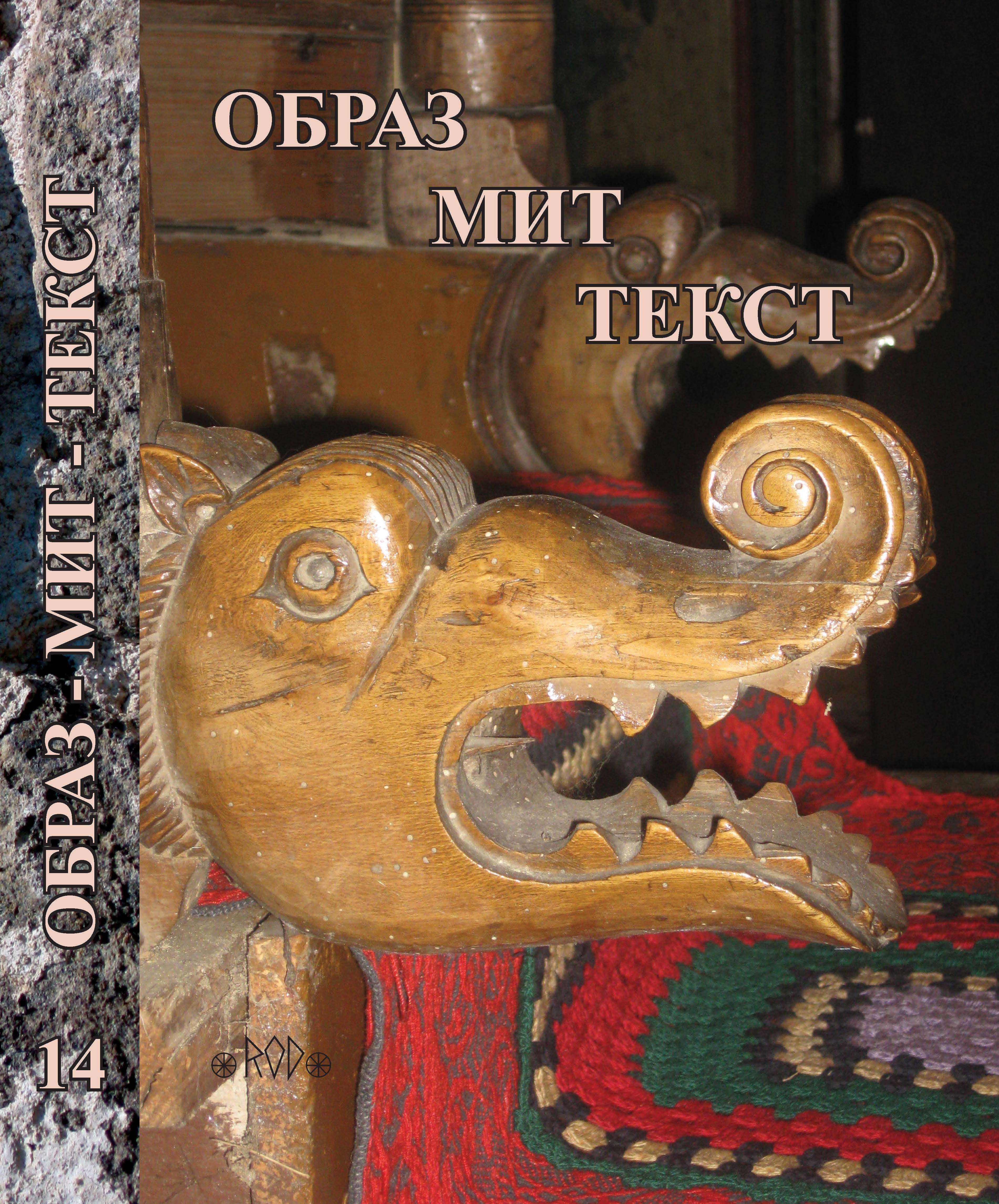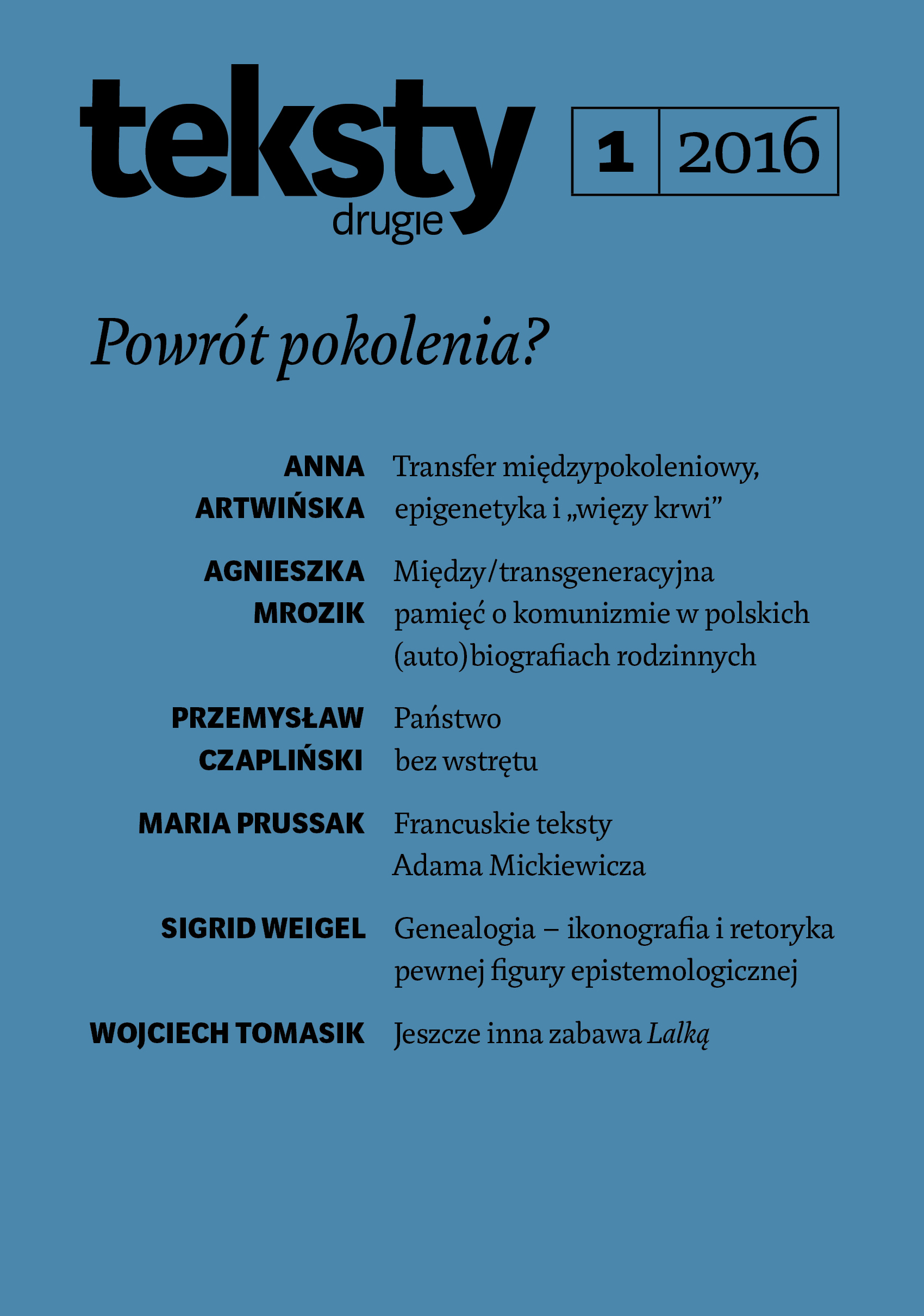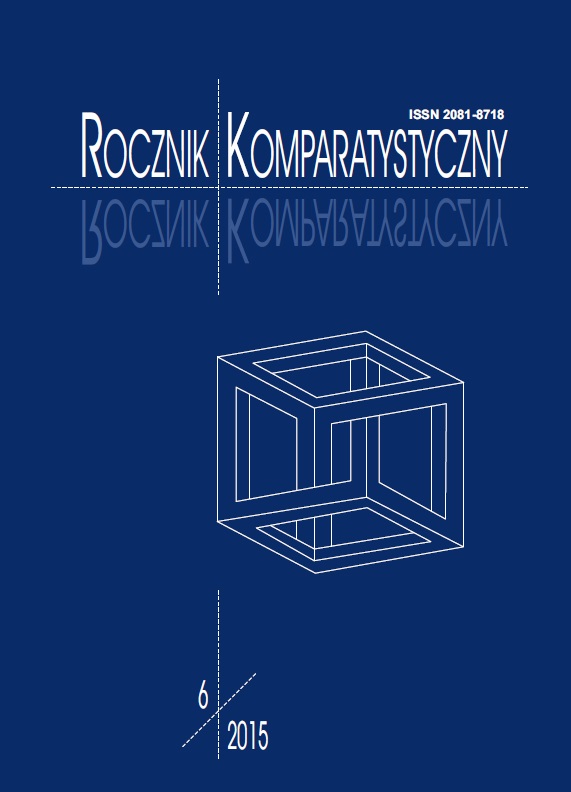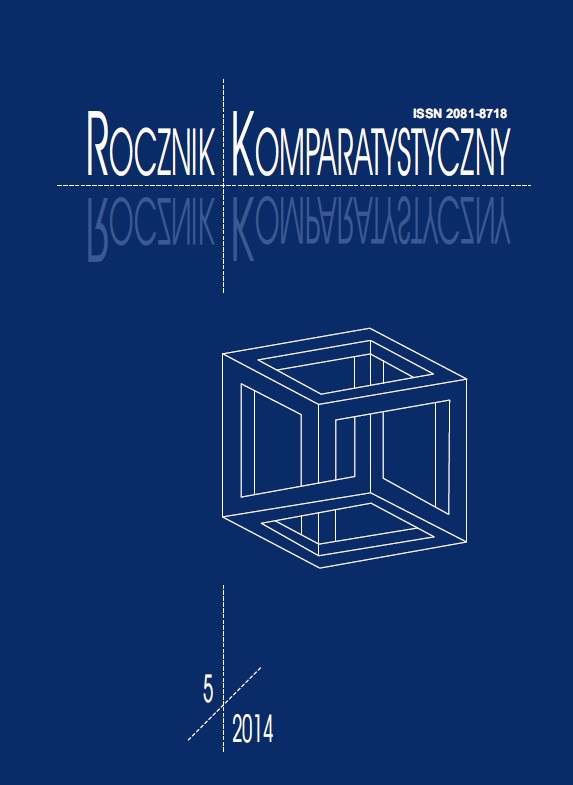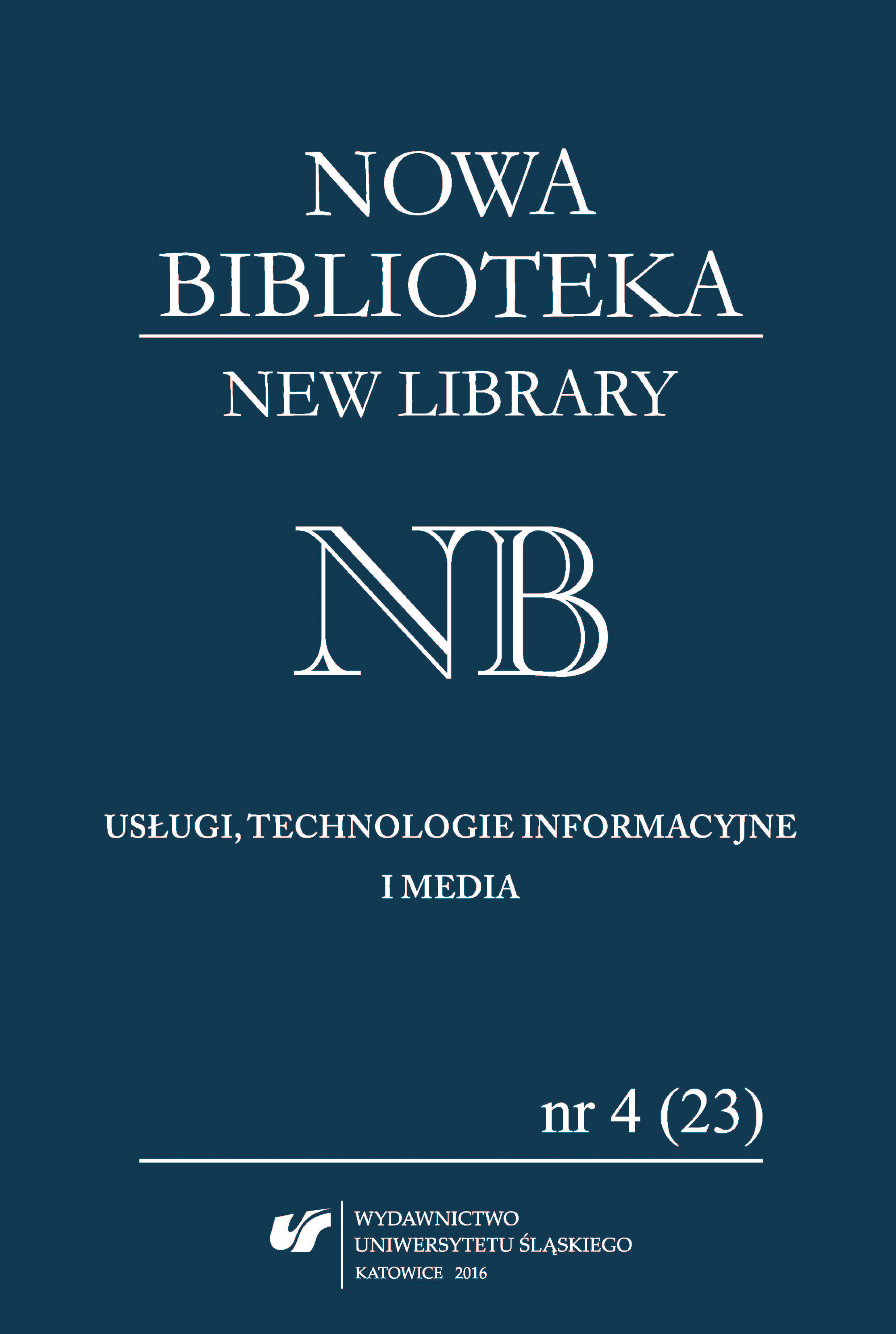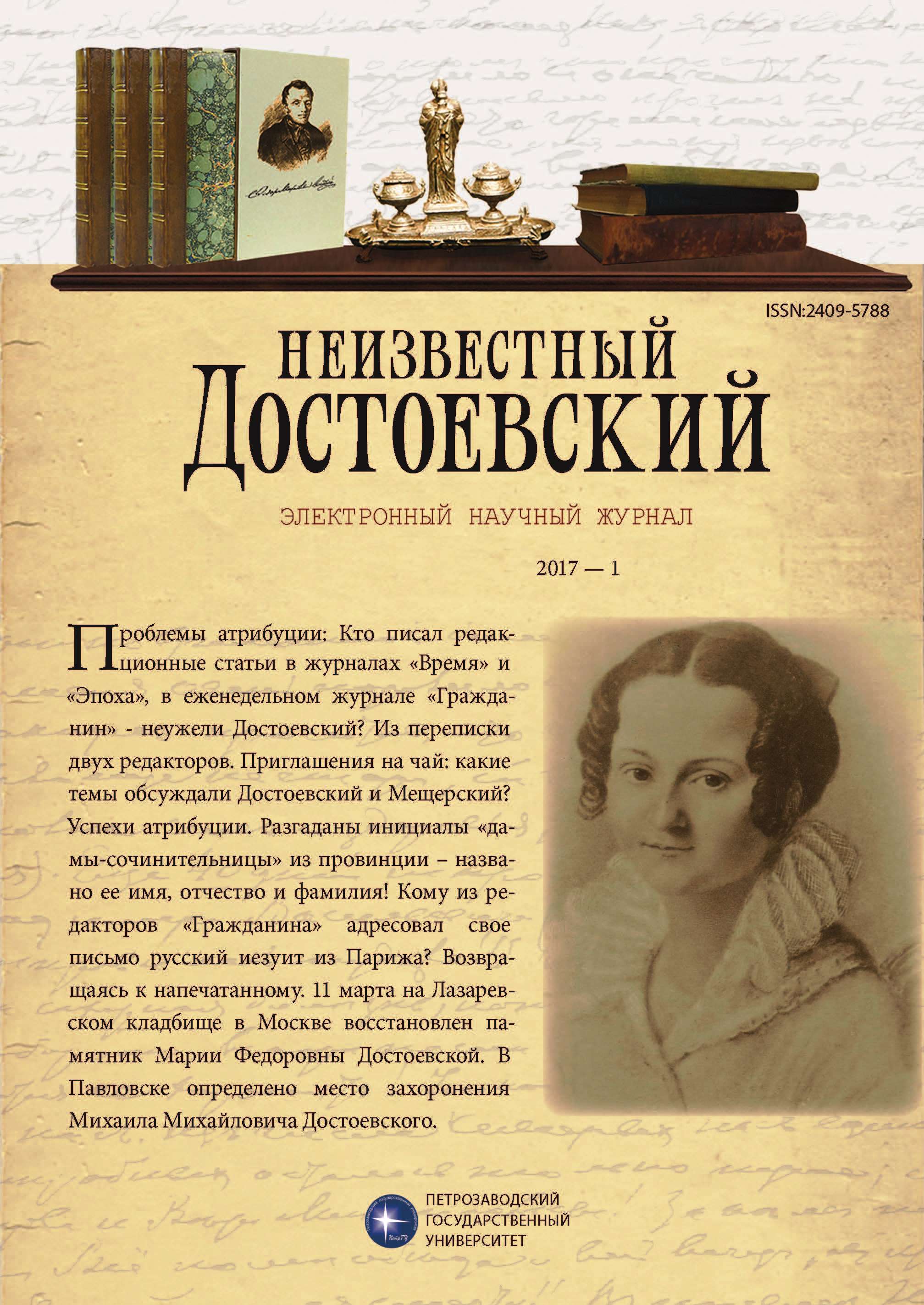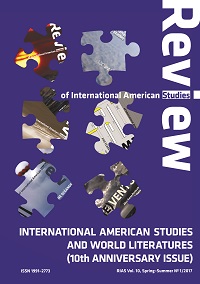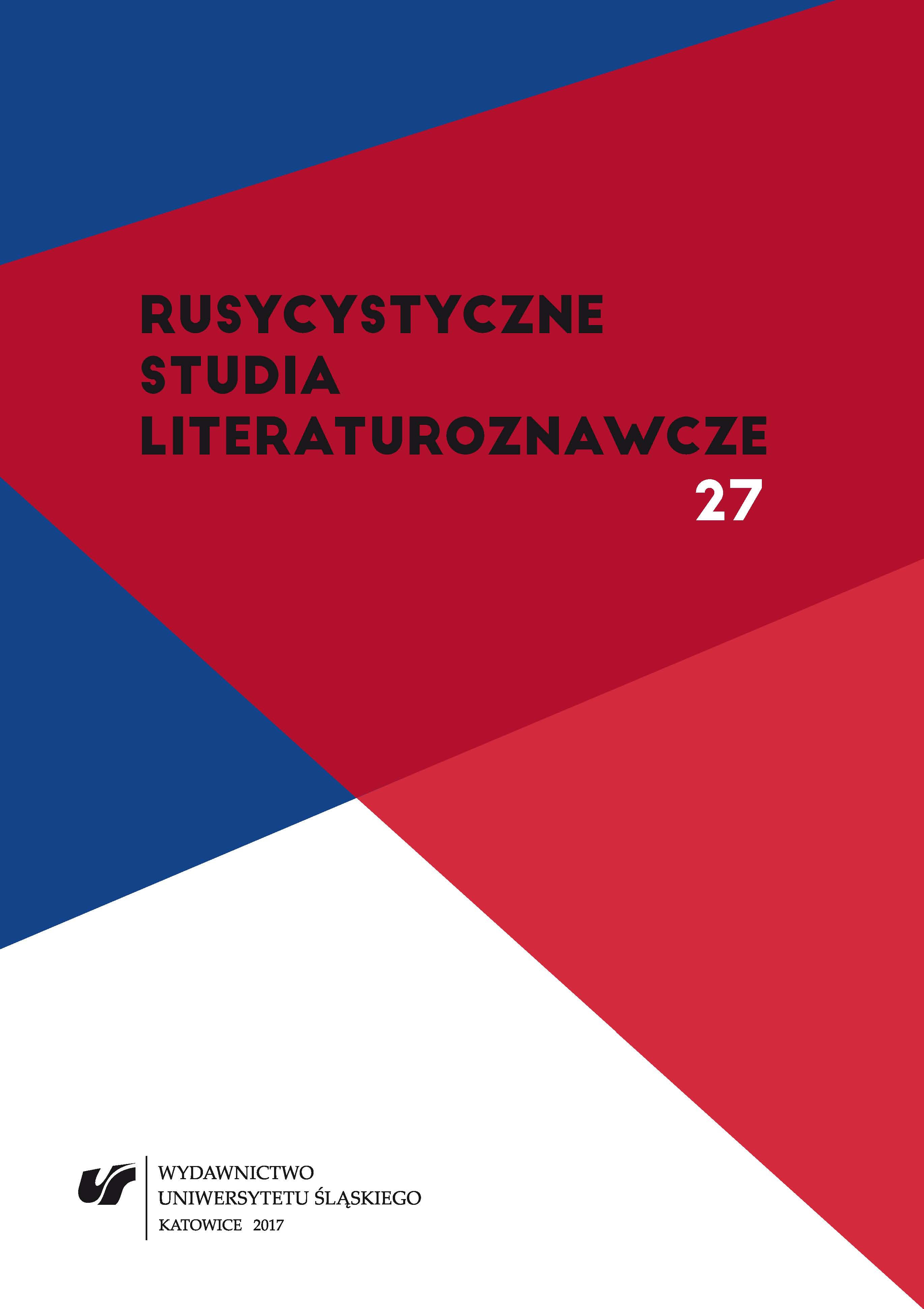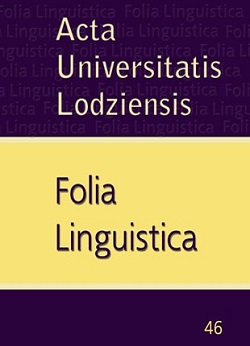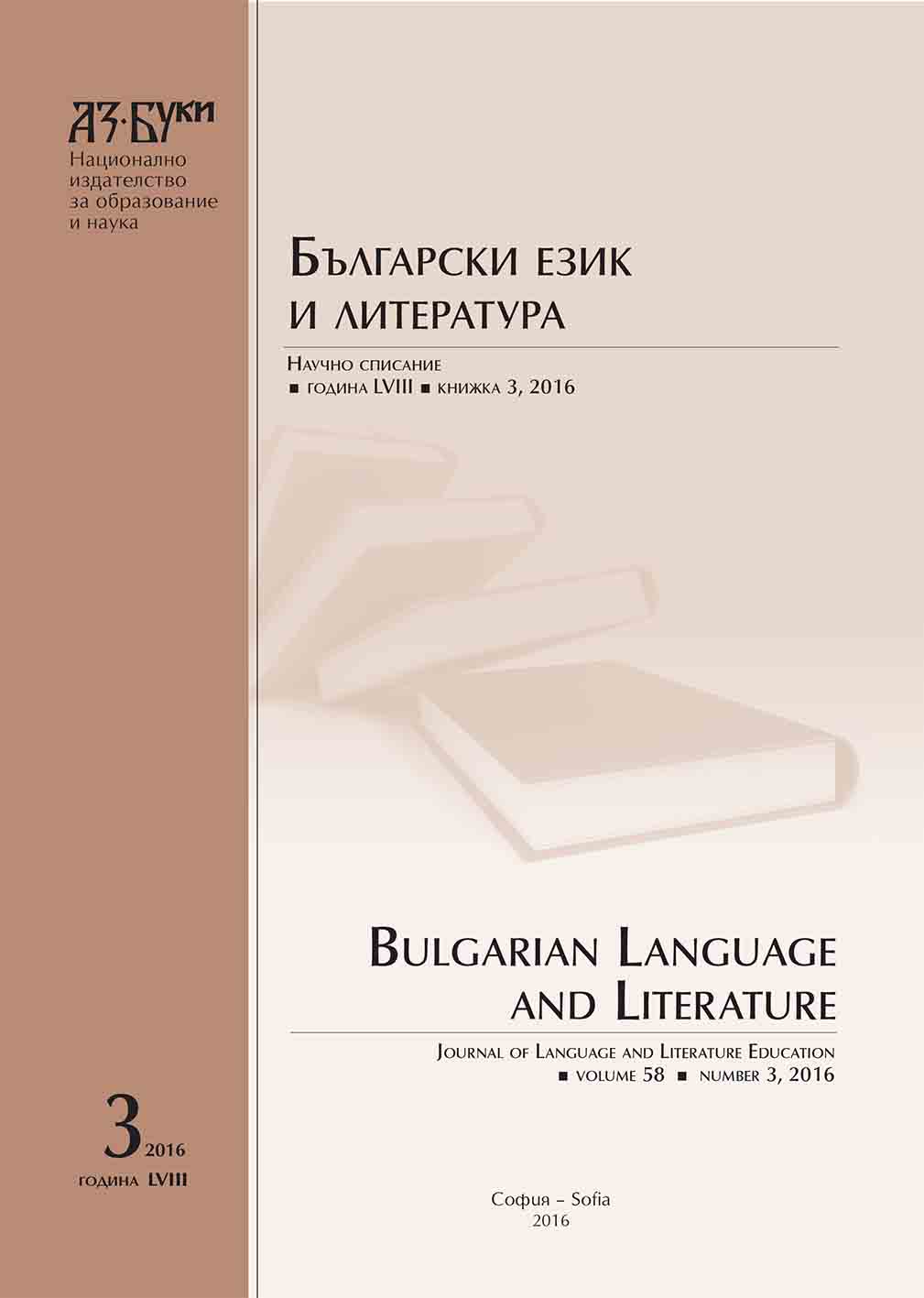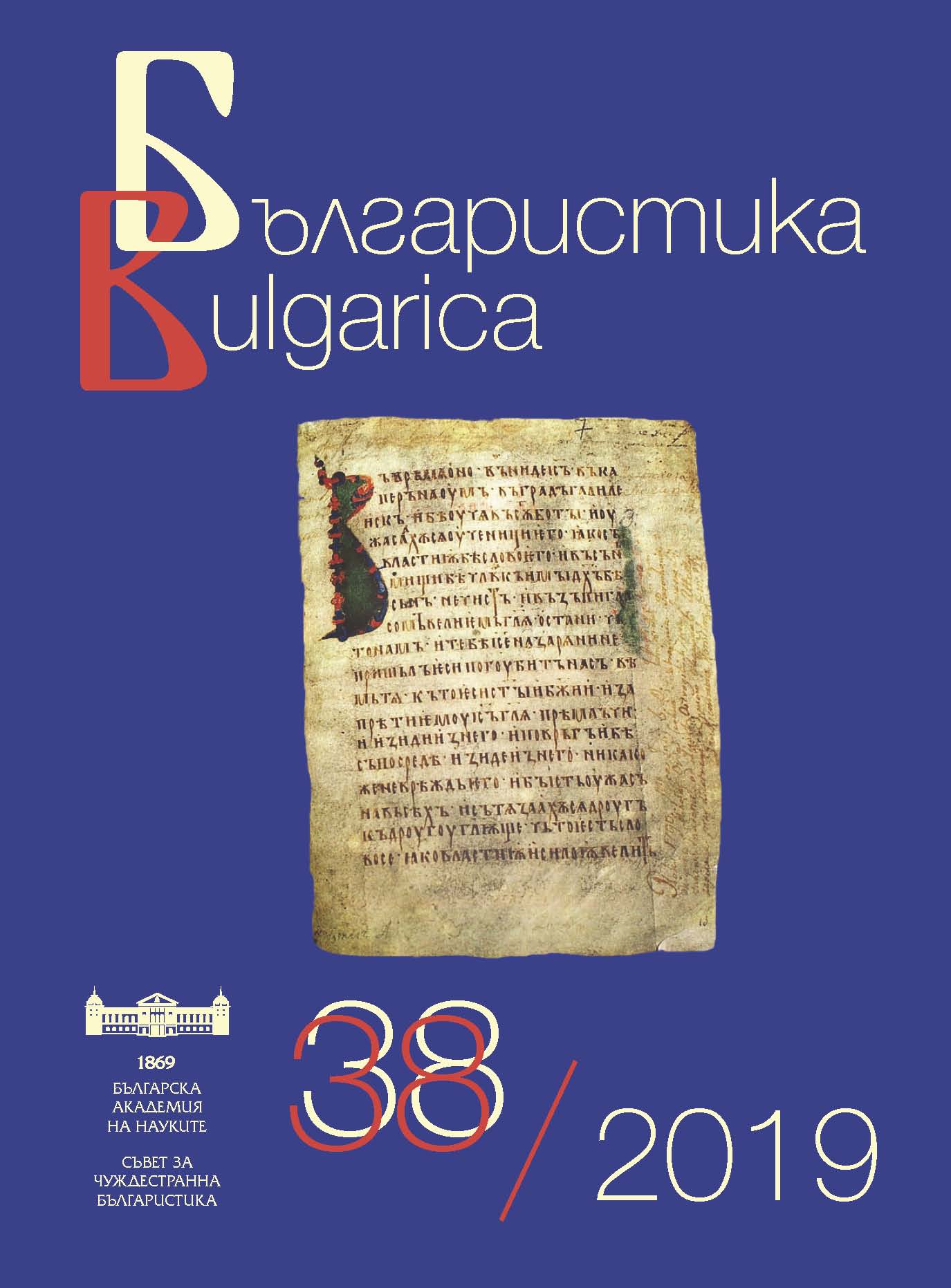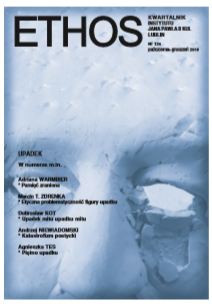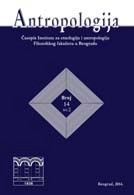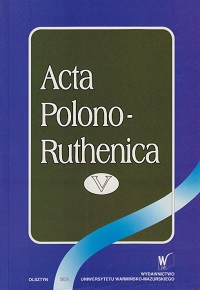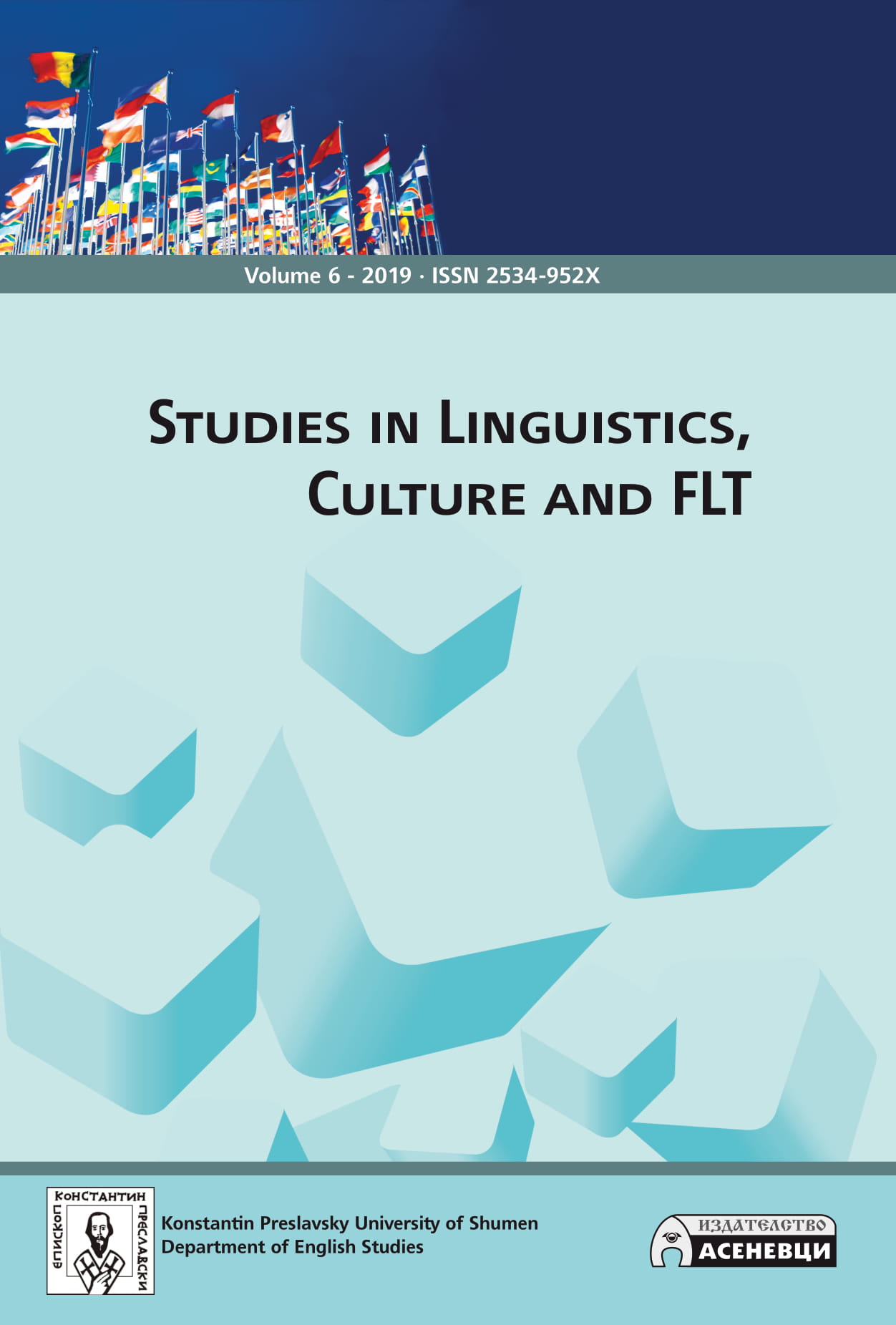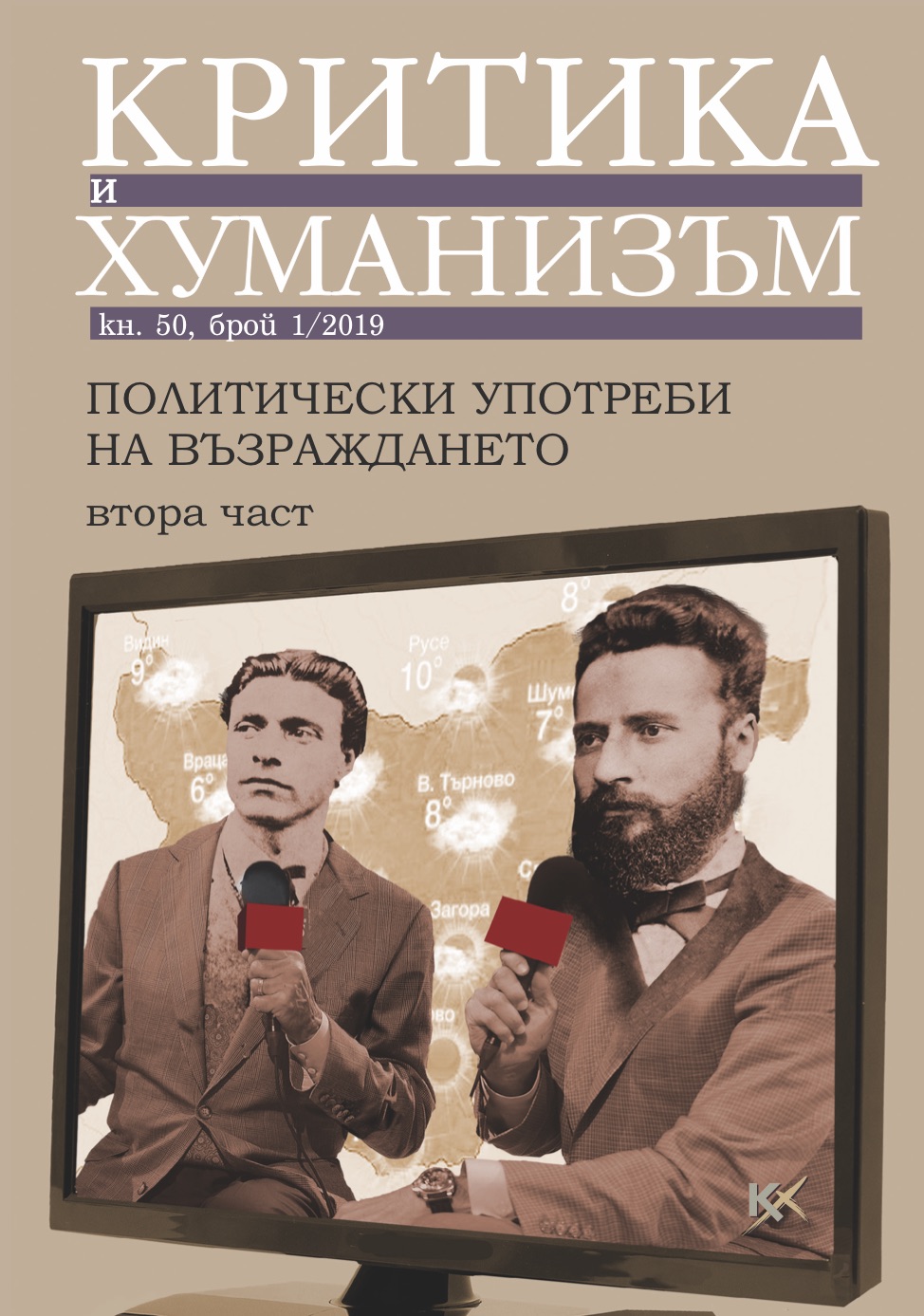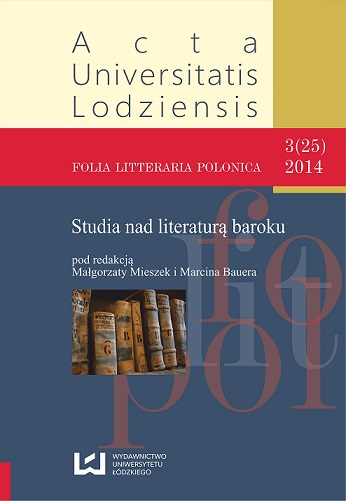
Jak obiecywać, by nic nie obiecać — odpowiedzi Andrzeja Maksymiliana Fredry udzielone delegatom wojsk na sejmie w 1652 roku
The soldiers (Polish and Lithuanian) had deputed their legations to the seym in the March of 1652 to ask for payment of overdue pay. The president of parliamentarians, Andrzej Maksymilian Fredro, had given two times the responses to the delegates. These speeches are the example of „high-level” style, rich in the applications of rhetorical devices, which provided for dishonest persuassion. This high artistry had served for making the empty promises to soldiers.
More...
